What’s the Buzz
The Bee Healthy Blog
What Causes Heart Palpitations?

Heart palpitations are feelings of having unusual heartbeat sensations. They are very common - studies have found that 1 in 6 people have seen their doctor at some point due to palpitations. Heart palpitations are also one of the most common symptoms for which people see a cardiologist.
Although the unpleasant awareness of your heartbeat can be worrisome, palpitations are not usually dangerous. Oftentimes, palpitations occur as a result of exercise, fever, nicotine intake, and other relatively harmless conditions. However, sometimes heart palpitations can be related to more serious conditions that need to be treated, such as an irregular heart rhythm. Please continue reading to learn more.
What is a heart palpitation?
Normally, the heart beats 60 to 100 times per minute with a regular pattern. A heart rate of less than 60 is called bradycardia. A heart rate of more than 100 is called tachycardia—a heart palpitation is when you can feel your heartbeat in a regular or irregular pattern.
What does a heart palpitation feel like?
Different people experience different heart palpitations symptoms. For some people, it can feel like a heart pounding. Others describe palpitations as fluttering, flip-flopping, or throbbing. Palpitations can also feel like the heart is racing, having extra heartbeats, or skipping beats. Many people simply describe palpitations as a general feeling of unease. The abnormal sensations of the heart’s rhythm can be felt in the chest, throat, or neck. Heart palpitations typically last only a few seconds to minutes, but can sometimes last longer.
Can you have heart palpitations for no reason?
Palpitations begin suddenly and can occur at any time of the day or night in any body position. They can occur during activity or at rest.
Anyone can develop heart palpitations, but they are more common in women. Palpitations can occur during certain stages of life, such as teenage years, during pregnancy, or around menopause.
What causes heart palpitations?
Some of the common causes of heart palpitations include:
- Exercise.
- Stress, anxiety, and fear, such as during panic attacks.
- Pregnancy.
- Caffeine intake.
- Alcohol intake.
- Nicotine use.
- Spicy or rich food.
- Medical conditions like overactive thyroid gland (too much thyroid hormone in the body).
- Low blood sugar.
- Low blood potassium.
- Low blood oxygen.
- Fever.
- Anemia.
- Blood loss.
- Dehydration.
- Cocaine and other stimulant drugs.
- Decongestant medications, cough and cold medicines, pseudoephedrine, diet pills, beta blockers, asthma inhalers, antiarrhythmic medications, and thyroid drugs.
- Certain herbal products and nutritional supplements.
What causes abnormal heart rhythm?
As mentioned above, most of the time, palpitations are not serious. An occasional extra heartbeat is nothing to worry about. Various things like panic attacks, fear, caffeine intake, and cocaine use can cause palpitations.
However, palpitations can also result from cardiac arrhythmias (abnormal heart rhythms). These are more serious and potentially life-threatening. Anyone with a suspected arrhythmia should be evaluated by a specialist in cardiovascular medicine.
There are different types of irregular heartbeat, such as atrial fibrillation (most common one), premature ventricular contractions, supraventricular tachycardia, and others. Your cardiologist can diagnose the exact type of arrhythmia based on blood tests, electrocardiogram, echocardiogram, Holter monitor (heart monitor), cardiac catheterization, and other tests.
The following conditions increase your risk of having an abnormal heart rhythm:
- Known heart disease.
- Significant risk factors for heart disease.
- Abnormal heart valves, such as aortic stenosis or mitral valve prolapse.
- Electrolyte abnormalities, such as abnormal blood levels of potassium.
- Certain medicines, such as those used to treat asthma, heart disease, and high blood pressure.
- Overactive thyroid.
- Low level of blood oxygen.
When should I worry about heart palpitations?
Heart palpitations are usually not something to worry about. However, they can be a symptom of heart problems. You should seek evaluation and medical treatment if with palpitations you have other symptoms like:
- Dizziness or lightheadedness.
- Confusion.
- Chest pain or pressure.
- Shortness of breath.
- Excessive sweating.
- Worsening heart flutters or more frequent palpitations.
- An extra beat more than 5-6 times per minute or in groups of 3 or more.
Call 911 or your local emergency number if your abnormal heart rhythm does not stop or if you have related symptoms like loss of consciousness, chest pain, unusual sweating, trouble breathing, or shortness of breath.
You should call your healthcare provider if you experience palpitations and have a medical history of heart disease or risk factors for heart disease, such as high blood pressure or high cholesterol. Also, contact your doctor if your palpitations begin to feel different, happen more often, or get worse in any way.
How to prevent heart palpitations?
Here are some tips to limit palpitations:
- Maintain good mental health. Yoga, tai-chi, deep breathing exercises, guided meditation, and physical exercise are all good ways to control stress levels with deep relaxation.
- Avoid or limit caffeine, alcohol, and nicotine use.
- Avoid activities and foods that trigger palpitations.
- Control your blood pressure and cholesterol levels under control to lower your risk of heart attack and heart disease risk.
- However, when the cause is a disease, the most important thing is to be monitored by a cardiologist.
References:

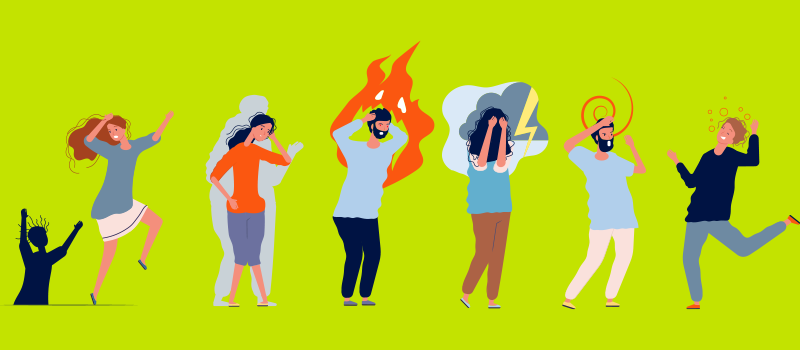



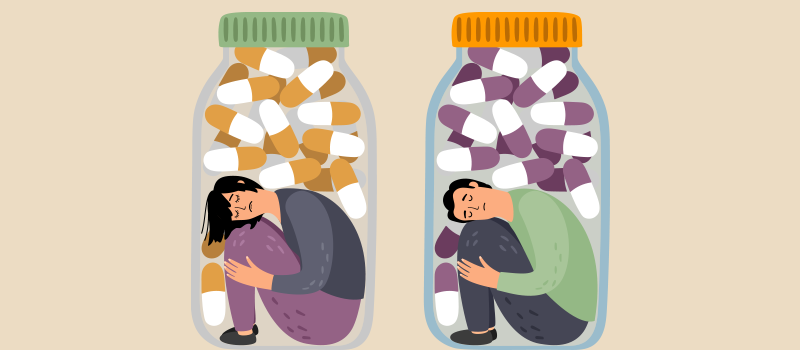
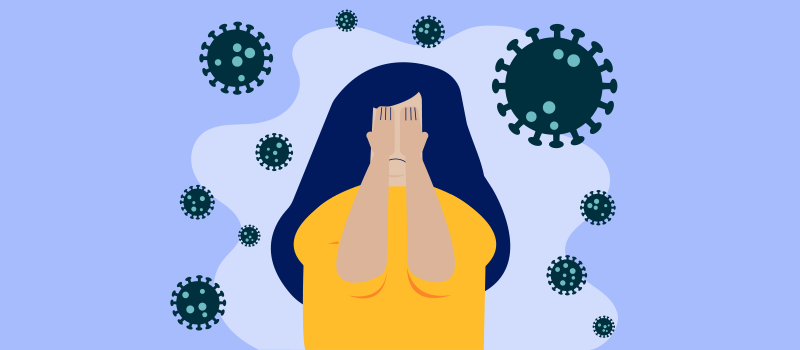
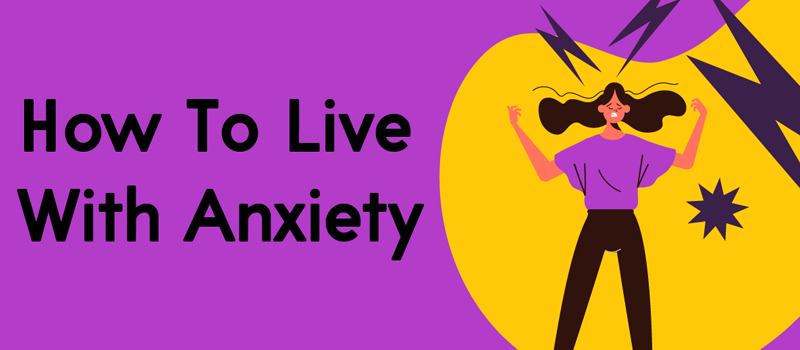

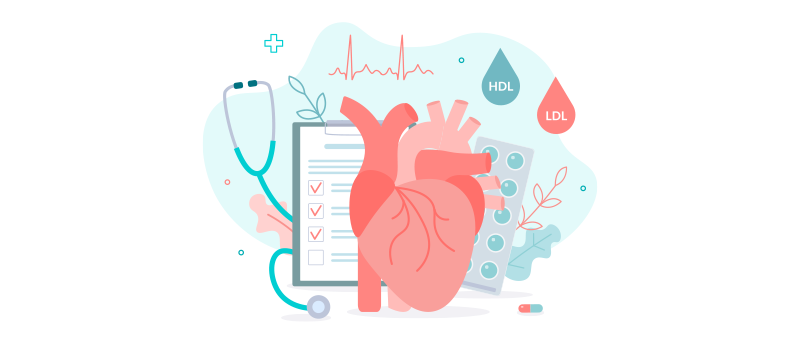

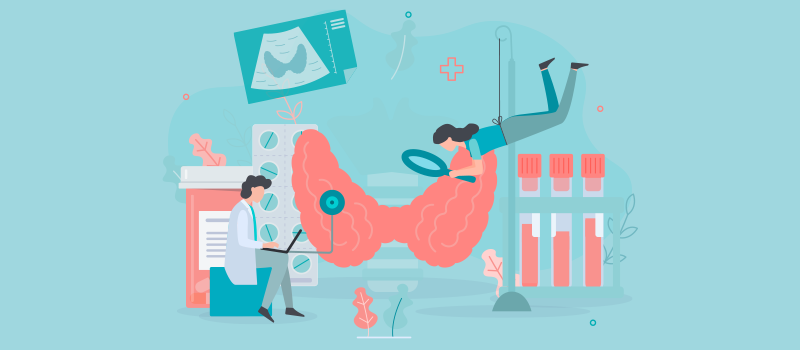
SOCIAL